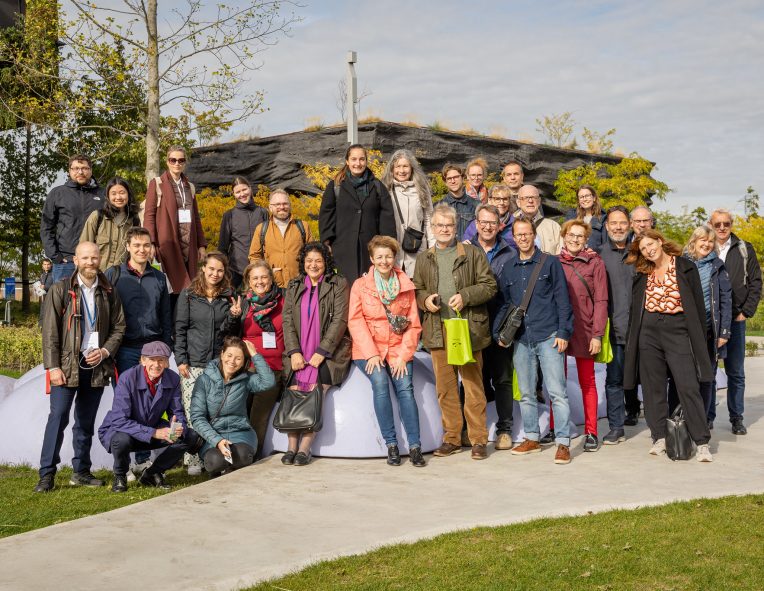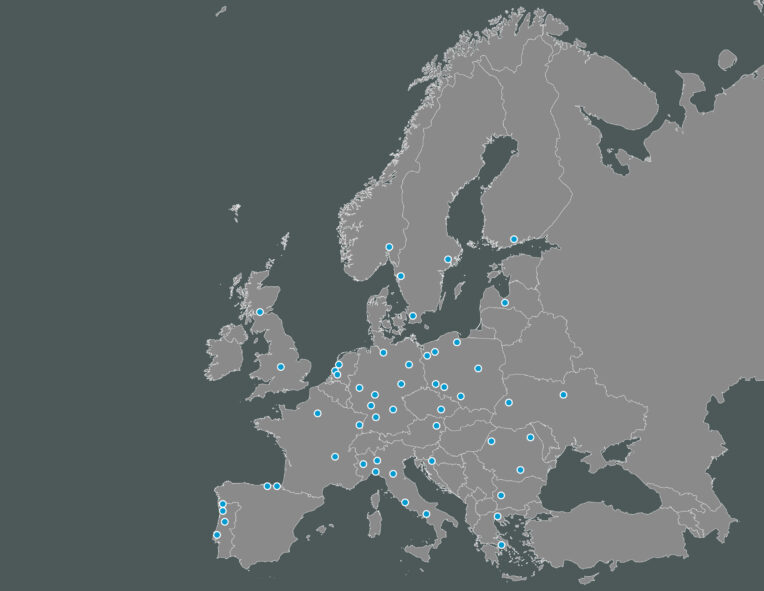In 2019, METREX awarded the Bernd Steinacher Fellowship to David Dooghe. In this short article, David Dooghe explains what he has encountered so far at the midway point of this two-year research project.
Crisis and urban development
As our understanding of crises grows, less is known of the particular connection with urban development. For instance, as a result of the 2008 financial and economic crisis, housing bubbles deflated in many advanced capitalist countries. Besides absorbing the shocks of these crises, the housing market also influenced the 2008 financial crisis. In other words, the 2008 crises and the housing market were closely connected. Even though housing is generally seen as one of the key sectors for urban development, to date, this connection has received scant attention in the post-2008 period urban planning literature.
Several European countries, regions or cities experienced a pre-2008 crisis housing boom. However, due to these crises, their public sector, at several levels, had to take action to support the supply or demand side of their housing market. Most of these actions were focused on supporting the immediate needs. Nevertheless, some supply-oriented actions started (deliberate or not) or further supported a transition to new forms of urban development. From a first analysis of several European metropolitan regions, two transitions became apparent: broadening the housing challenge by adding the challenges of other sectors, and creating new conditions for investments in urban developments.
The Multi-Level Perspective, a method developed by Frank Geels for technological transitions, offers the potential to research these two transitions. Based on this method and supported by literature and interviews, this fellowship will research the regulating or facilitating role four European metropolitan regions took, to support the supply side of their housing market in the post-2008 period. For the first transition, the “Sociedades de Reabilitação Urbana” (SRU) in Porto and the Bultzatu 2025 Roadmap of the Basque government (2012) show potential to be further researched. For the second transition the effects on urban developments in Lyon of the new national instrument Projet Urbain Partenariat (PUP) and the effects in Manchester of the Government-Council partnership Manchester Place will be looked at.
The METREX members, connected to these metropolitan regions, will be contacted in due time by our Fellow David Dooghe. Furthermore, all METREX members are invited to contact our fellow, concerning examples of actions taken in their region, which could support one of the two described transitions.
David Dooghe



